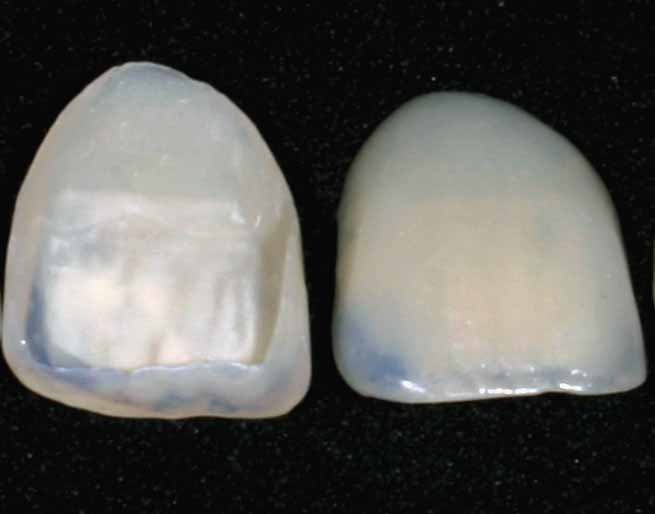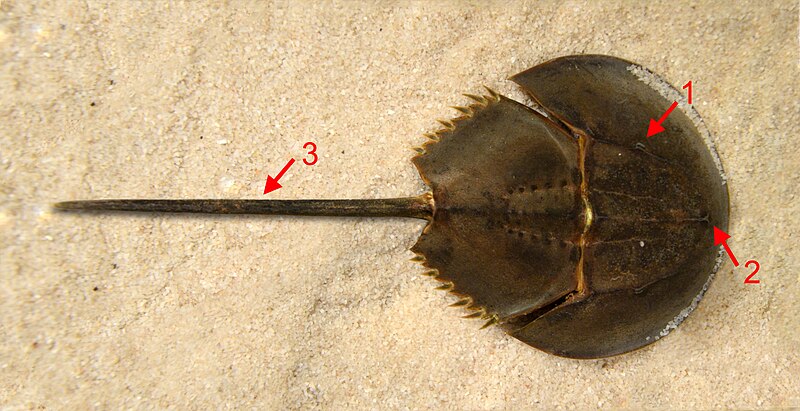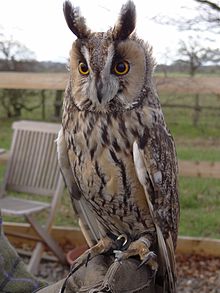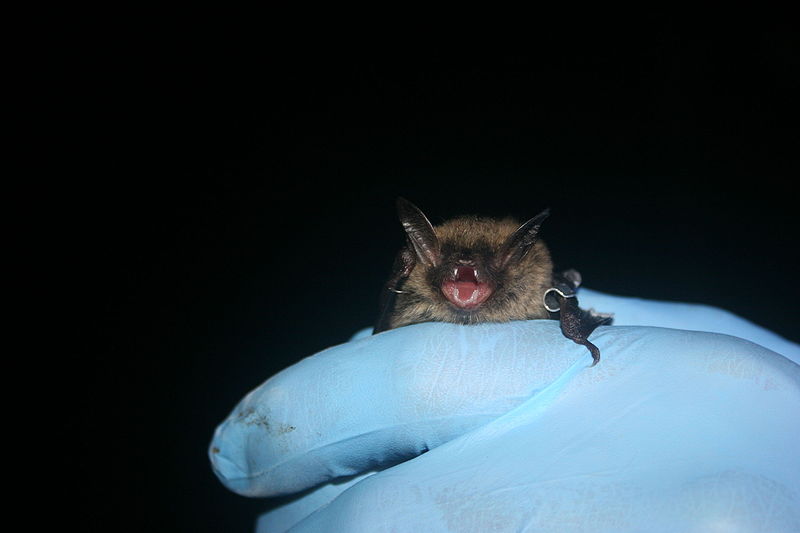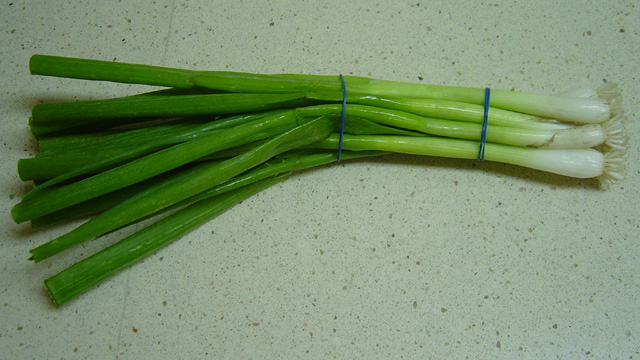He was French, but spent much of his adult life in Holland.
He's remembered by intellectual-types with reverence, for he gave philosophers and mathematicians many new glimpses of the wonders of the universe. As far as the rest of us is concerned, Descarte's life's work basically comes down to the Latin phrase cogito ergo sum, which he first used in part IV of his Discours de la méthode.
Unsurprisingly, Discours de la méthode was written in French, but he translated the phrase Je pense, donc je suis into Latin as cogito ergo sum just to make it clear.
Sadly, it didn't work all that well because when cogito ergo sum was translated into English it came out as the baffling I think therefore I am, which has caused confusion to the English-speaking world ever since.
Honestly, you'd have thought they'd have taken a bit more care with the translation of such a good bit.
All the translator had to do was to take account of the fact that English has more ways of describing things are happening at the present time than either French or Latin does, and choose the form of present tense that makes most sense. (And then tweak the ending a bit just to be absolutely clear.)
When you've done all that, you get I am thinking, therefore I exist.
Simple, isn't it?
Word To Use Today: cartesian. This means to do with Descartes, because the Latin form of his name is Renatus Cartesius. Cartesian tends to refer to the idea that our unique identities are the result of our unique minds, and that our minds and bodies are connected.




